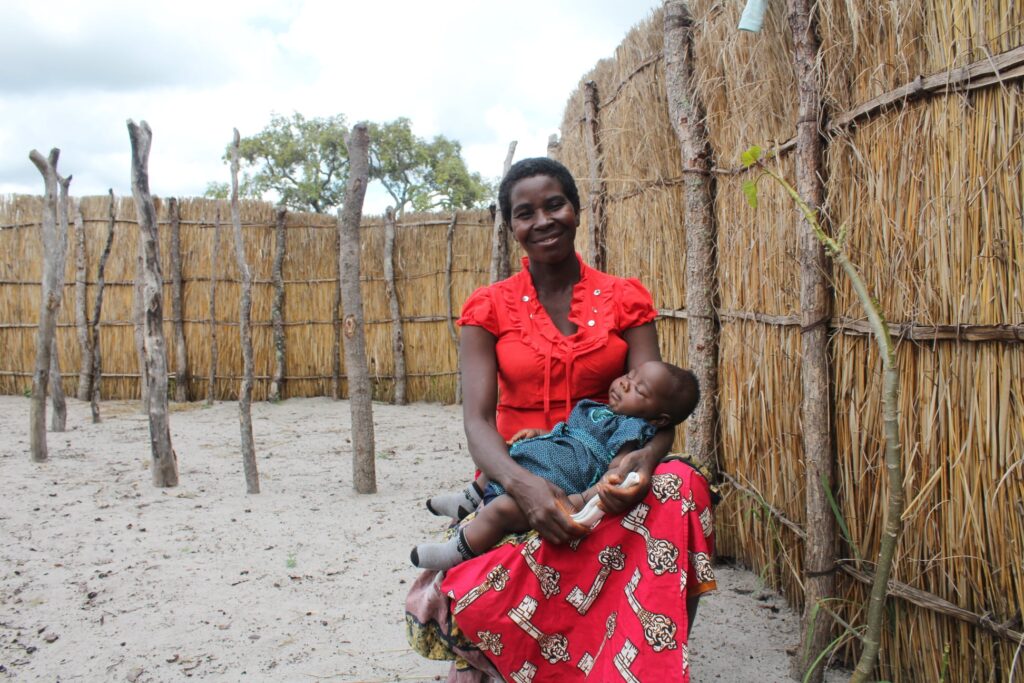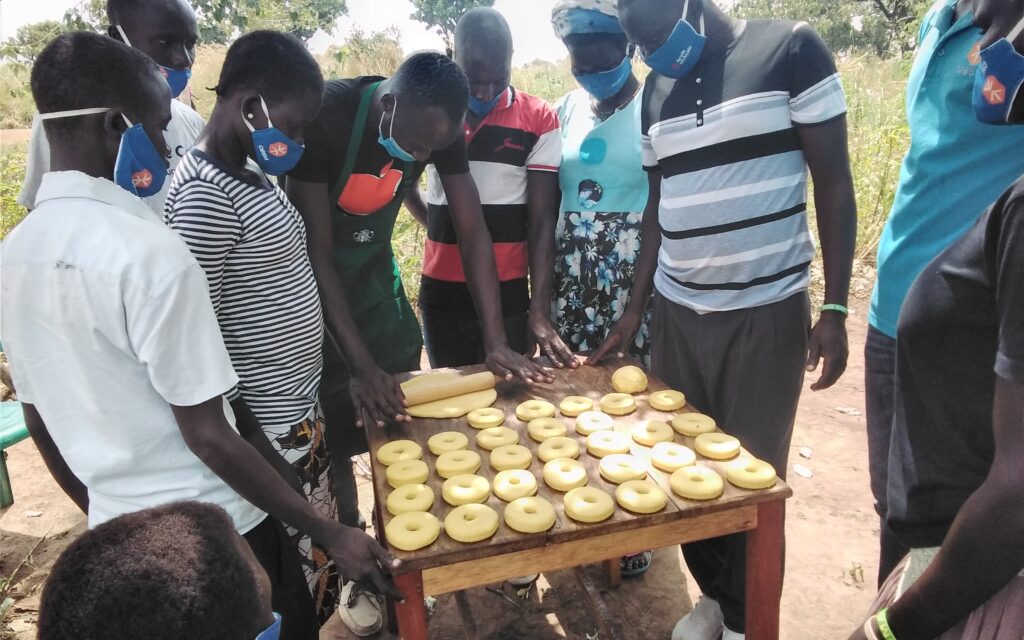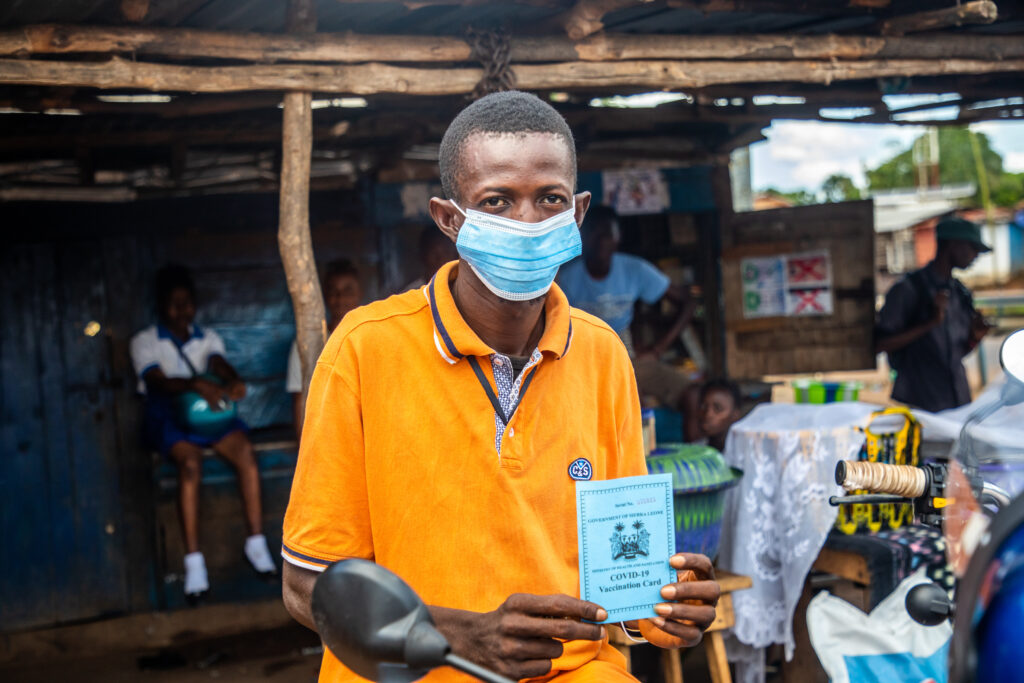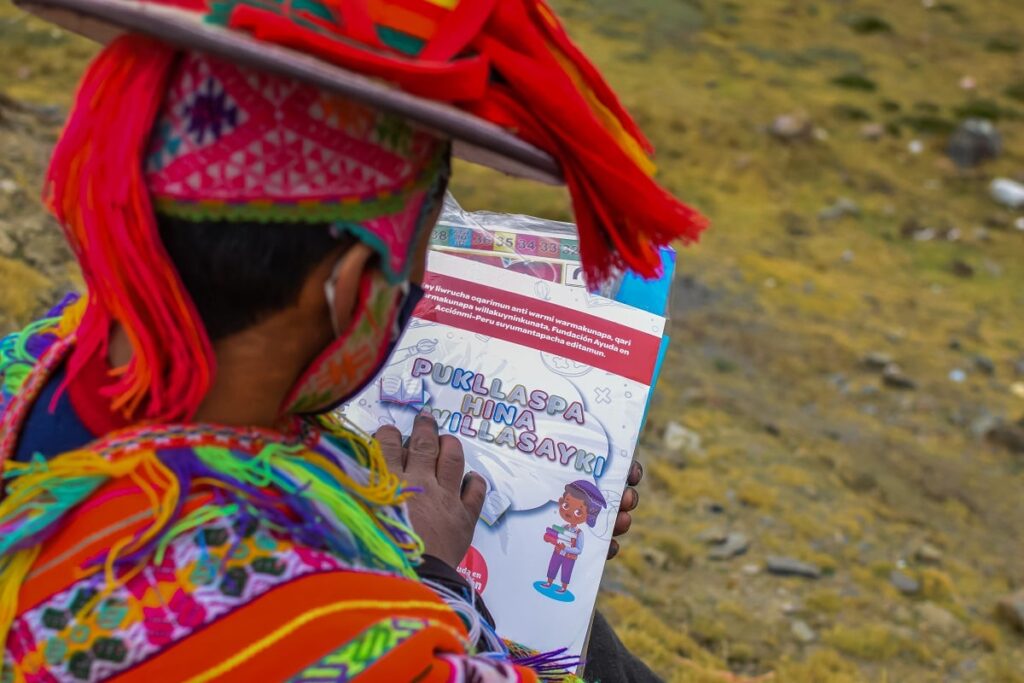The effects of COVID-19 are still very much present in many communities. While in some developed countries we may believe the worst effects of the pandemic have subsided – thanks to the beneficial effects of vaccines, aid and government economic measures – in many poorer countries the situation continues to undermine the resilience of millions of people facing overlapping crises that reduce their ability to react. This crisis context is becoming structural for the most disadvantaged groups in the countries where we are present; climate change, economic downturns, diseases, conflicts or wars not only impede the recovery of many households in vulnerable communities, but also aggravate their situation.
Alliance2015 released this report in the light of the evolving situation, based on data collected between March and May 2022, about 22 months after the outbreak of the pandemic, and is the result of 8,461 surveys in 18 countries where Alliance2015 member organisations are working. The focus of the survey was on how the effects of COVID-19 are affecting several key aspects of households’ resilience, such as their income capacity, accessing food, coping strategies and access to health and education services.
A clear picture has emerged from this follow up research, showing the extent to which growing numbers of people are being left behind. The disproportionate impacts of COVID-19 – alongside climate change and conflict – on those living in chronic poverty must be met by a response which, accordingly, focuses on addressing the their urgent needs.
Access to food
One of the aspects of the report that deserves priority attention is the effect of COVID-19 on the ability to access healthy and sufficient food.
Access to food is still a challenge for many households: one-third of respondents said that over the past three months some members of their household had gone to bed hungry. More than half of them (51%) reported that the quality of the food they consumed had worsened and 62% reported that the quantity of food they consumed had decreased compared to the pre-pandemic period.
Key factors limiting access to quality food are the rising cost of food and movement and transport restrictions, with more than half of respondents noting that the price of basic foodstuffs had at least doubled since the start of the pandemic, and the effects of the restrictions deployed to curb contagions are still being felt.

Impact on incomes and coping strategies
Income-generating capacity also continued to be affected by the pandemic. 53% of the surveyed households stated they had their reduced income due to the effects of COVID-19, and more than half of the households (57%) stated that their current income was not sufficient to buy food.
Coping strategies have been varying with the prolonged effects of the pandemic, but informal care and support networks have had and continue to have substantial relevance in responding to any crisis. Coping strategies most frequently reported are cost-cutting (56%), borrowing (43%) and grants or assistance programmes by governments or NGOs (34%).
Amongst those households who reduced their expenditure, food was the first area where they cut down their costs: 82% of respondents said they had reduced expenditure on food, followed by cuts in other spending by 63%.
Lending chains also worked as coping strategies, with 93% of households having borrowed money. The majority of lenders were neighbours or friends (57%), family (28%) or community groups (34% of households). This indicates the importance of care and support networks in the communities we work with, that is why any measure that reinforces them is an additional insurance for strengthening community resilience.

Access to health and education
Regarding health, only 23% of households indicated that health care had worsened, compared to 46% who stated that it had improved. However, some countries like Peru or Georgia are out of this trend. 51% of households in Peru indicated a worsening of the situation compared to 8% who said that it had improved. In Georgia, these percentages were 27% (worst situation) and 11% (better).

Looking at the effects on education, for the children and youth who were at risk prior to the pandemic the education gap has widened substantially. As a result, the families with the fewest resources were unable to maintain continuity in their children’s learning when more pressing needs – such as maintaining a source of income – took precedent. Some of the services targeting vulnerable pupils and students, such as school meals, transportation, sanitation and protection – which typically help to ease the financial burden on families and make the environment more conducive to learning – were suppressed during confinements.

Alliance2015 sees the relevance and opportunity to continue talking about Covid-19 today in that it represents a paradigmatic case for our collective learning.
The pandemic laid bare a number of pre-existing systemic failures – in our food systems, in healthcare, in education, in employment and social protection, in housing, in our main business and economic model – that made coping with the global shock extremely problematic for disadvantaged countries and communities. Learning from this experience should be paramount in view of building resilient societies, through correcting these failures by addressing inequalities and mitigating risks.
Community and systemic resilience will be key to anticipate future crises, avert their worst effects, preserve access to rights and livelihoods.
Learn more about our recommendations to the EU here.
Download the full report and have a look at our main outcomes video here.
Check out our interactive dashboard here.


